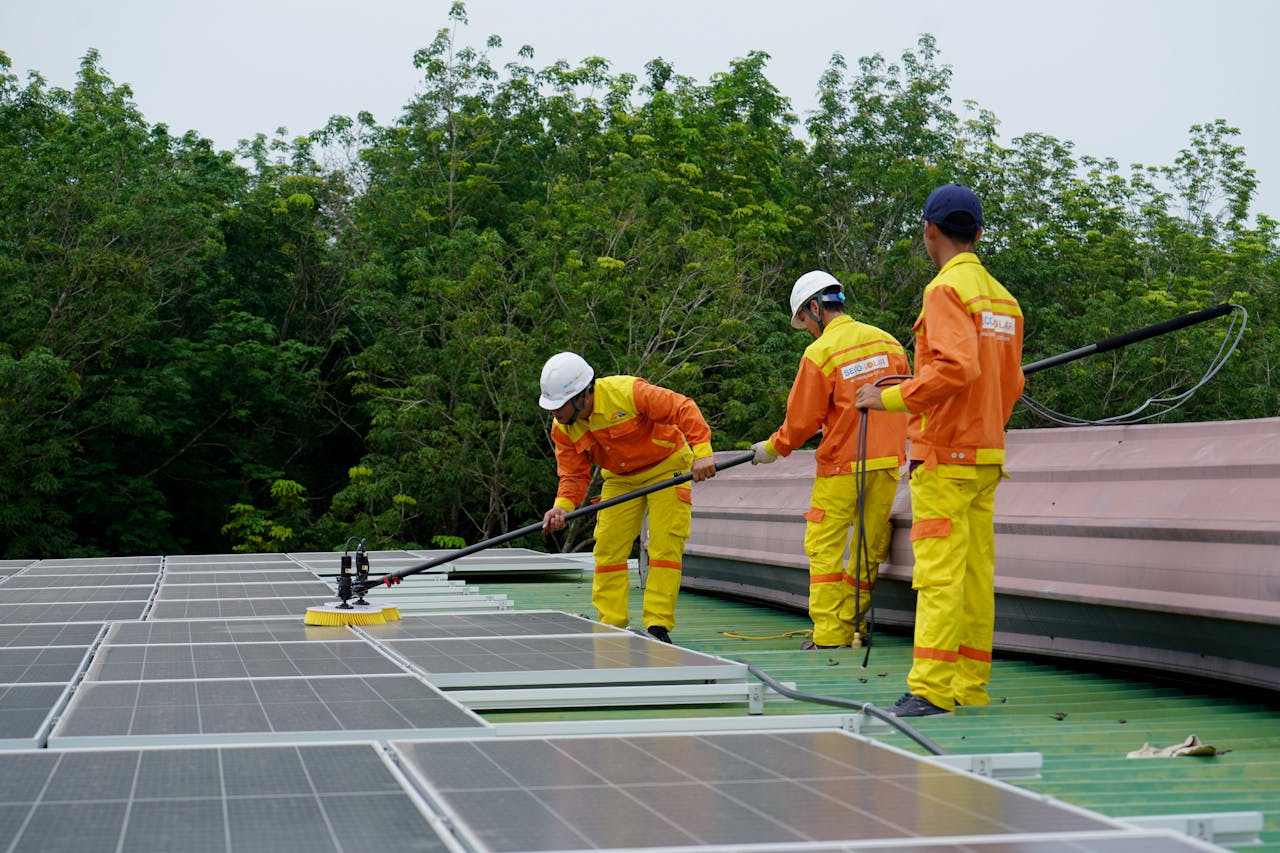Green Jobs in America: The Fastest-Growing Careers in Sustainability
Published

Published

RemoteScout24 · Published 2023-10-16 17:59:01.0
RemoteScout24 · Published 2023-10-06 17:59:01.0
RemoteScout24 · Published 2023-09-30 17:59:01.0
RemoteScout24 · Published 2023-10-06 17:59:01.0



